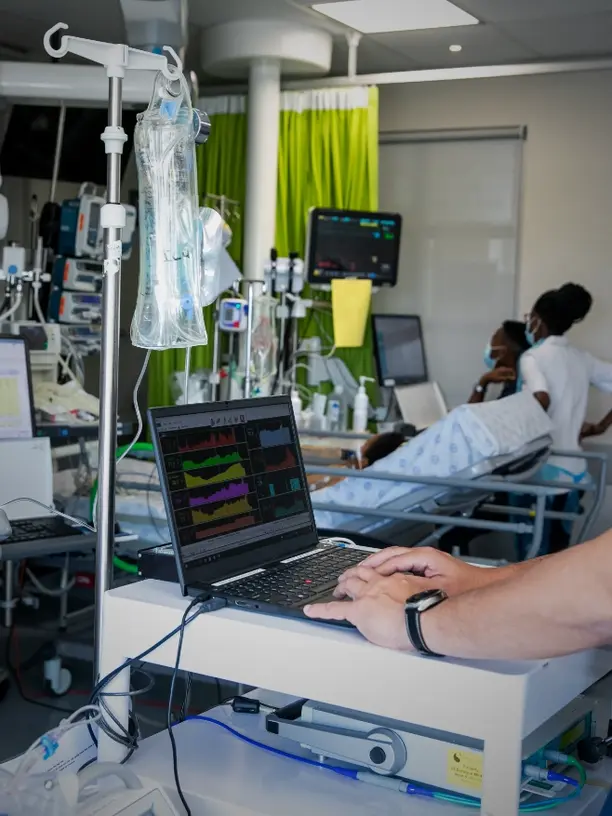SCHOLARSHIPS & AWARDS
.png)
Goal
To fund innovative initiatives that unlock significant and scalable improvement in foundation phase teaching through new teachers and technology
Basic Education
South Africa faces an early grade learning crisis where those who fall behind stay behind
The most pressing challenge in South Africa’s basic education system is the quality of early grade teaching and learning, that result in persistently poor and unequal learning outcomes. Along with early childhood development, the foundation phase plays a pivotal role in shaping our children’s futures.
The 2023 Progress in International Literacy Study (PIRLS) found that 81% of South Africa’s Grade 4s cannot read for meaning in any language. This creates a significant barrier for learners as reading is the fundamental skill required for learning all other subjects beyond Grade 4. These stark outcomes closely mirror those of matric outcomes – students who fall behind early in their schooling suffer long-lasting and devastating disadvantages.
Very little will change in South Africa’s basic education system’s performance if early grade reading and numeracy outcomes are not drastically improved.
Our current initial teacher education system is also poorly performing
Initial teacher education degrees attract some of the weakest university entrants.
Many also lack motivational
suitability for teaching.

From school
They end up training our next generation of learners in challenging school environments.

and back
into school

to university
Student teachers struggle at university...
...being taught unsuitable curricula...
...by overburdened, underprepared teacher educators...
...and receive insufficient practical teaching experience.
They do not face adequate assessment of their content knowledge and readiness to teach.

Our basic education system is further hampered by the inadequate subject knowledge and pedagogical skills of the majority of our teachers. Many education faculties have also been slow to change with insufficient innovative leaders to tackle the challenges head on.
There is a repetitive cycle in initial teacher education and basic education in South Africa that, if left to repeat itself, will continue to deliver poor and unequal learning outcomes. The best time to create the competence and mindsets that we need in our teachers is before they formally enter the schooling system.
The big opportunity
The upcoming wave of teacher retirements presents a once-in-a-generation opportunity to place over 200 000 better prepared teachers in our schools who can impact generations of learners to come.
Our priority areas

School-based initial teacher education
Supporting the effectiveness, viability and growth of school-based initial teacher education pathways and programmes, and their recognition as valuable options for South Africa to address teacher quality and quantity challenges.

Innovations in university initial teacher education
Supporting change-oriented leaders in universities that are testing innovations to improve the quality, quantity and retention of new teachers.

Literacy and numeracy ed-tech
Exploring the potential of education technology programmes to improve learners’ foundational literacy and numeracy skills to enhance the quality of teaching and reduce the impacts of classroom realities.


Convene ECD stakeholders to promote learning and mobilise resources
We believe that by bringing together leaders in the sector, we can create more effective solutions and build momentum for change.
Empower youth to build and sustain new early learning programme businesses
Funding organisations that provide training and support to young entrepreneurs in the ECD sector, helping them to develop the skills and knowledge necessary to start and run successful early learning programme businesses.
Featured
Research Report
The change we hope to see

Increase in the quality and quantity of new teachers
Via school-based initial teacher education programmes and university innovations.

Retention of newly qualified teachers in the profession
With teachers embracing technology in the classroom.

Improved literacy and numeracy results
Through improved teacher quality, and the use of ed-tech tools that enable self-led learning and provide valuable data to teachers to identify and close learner gaps.
.png)























